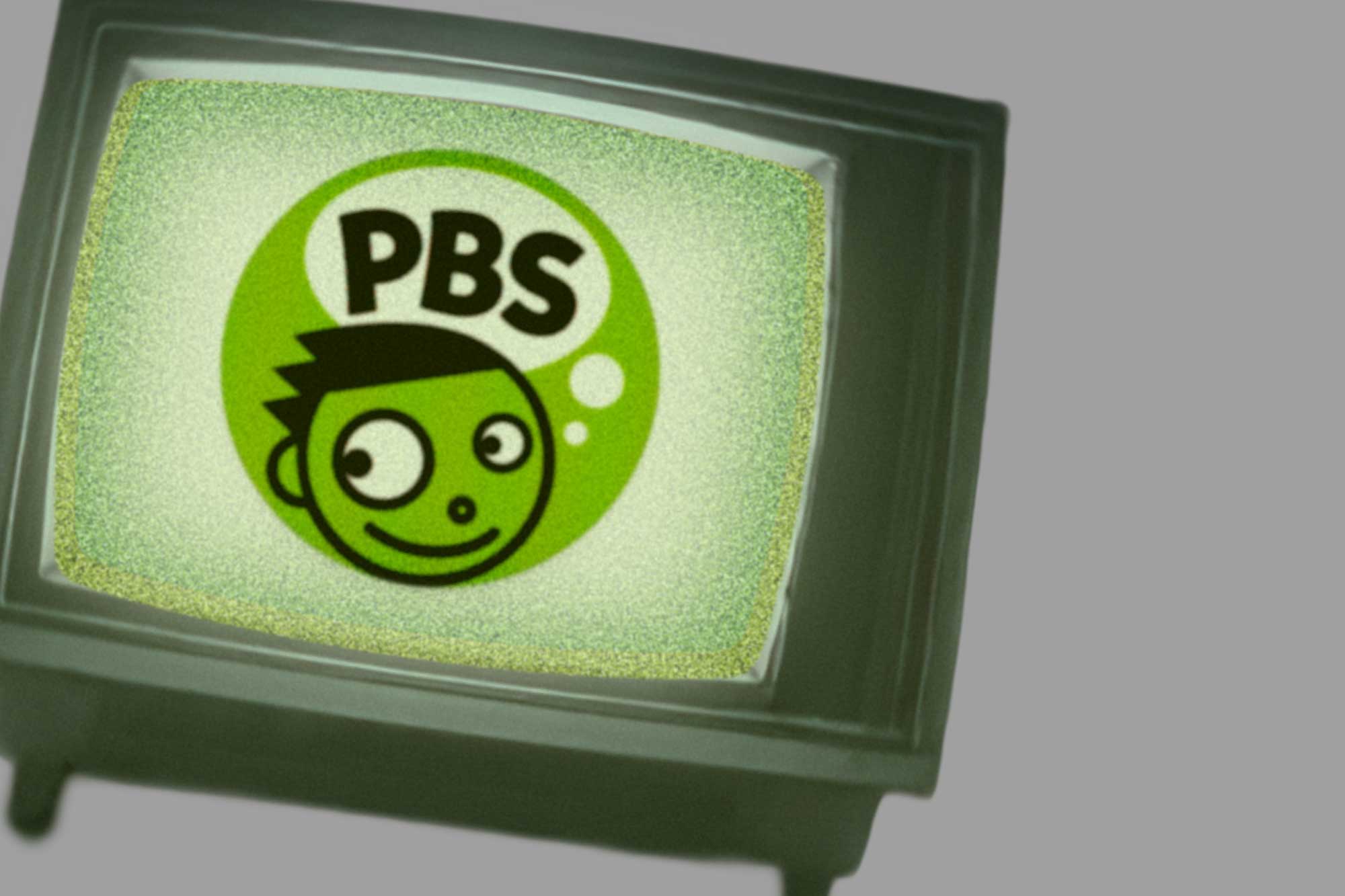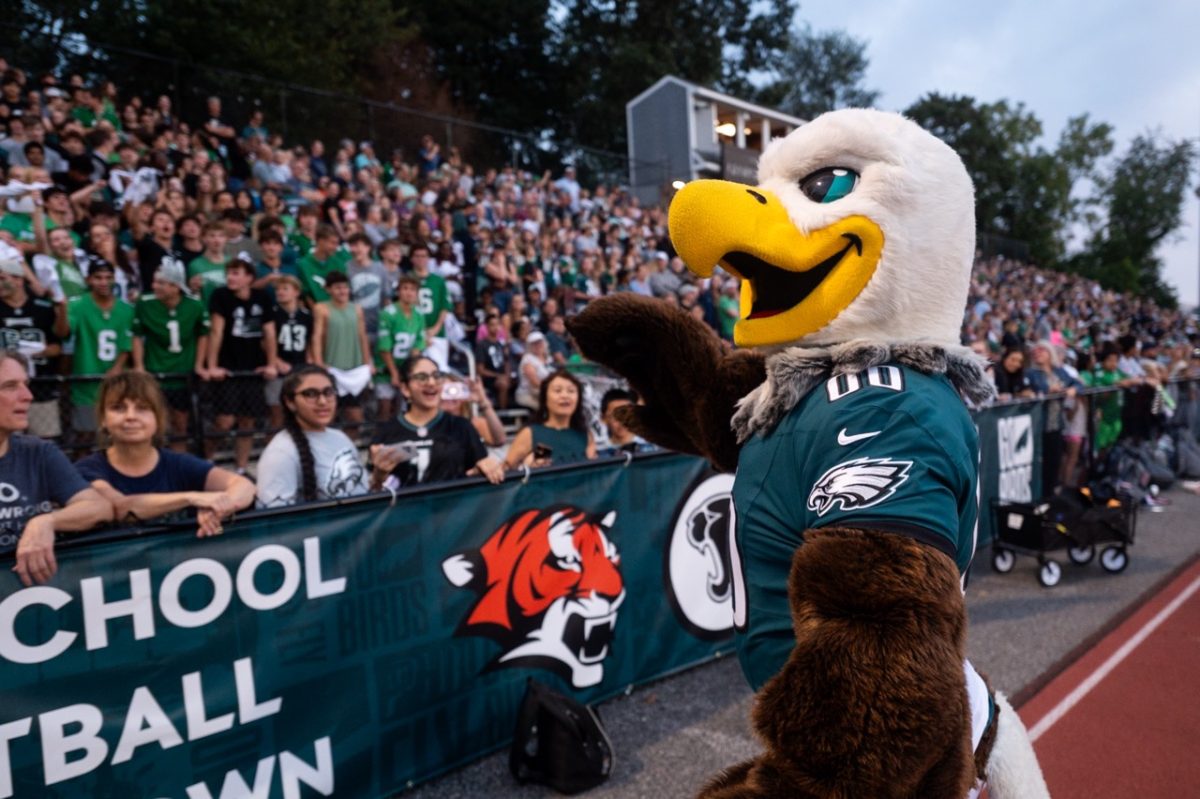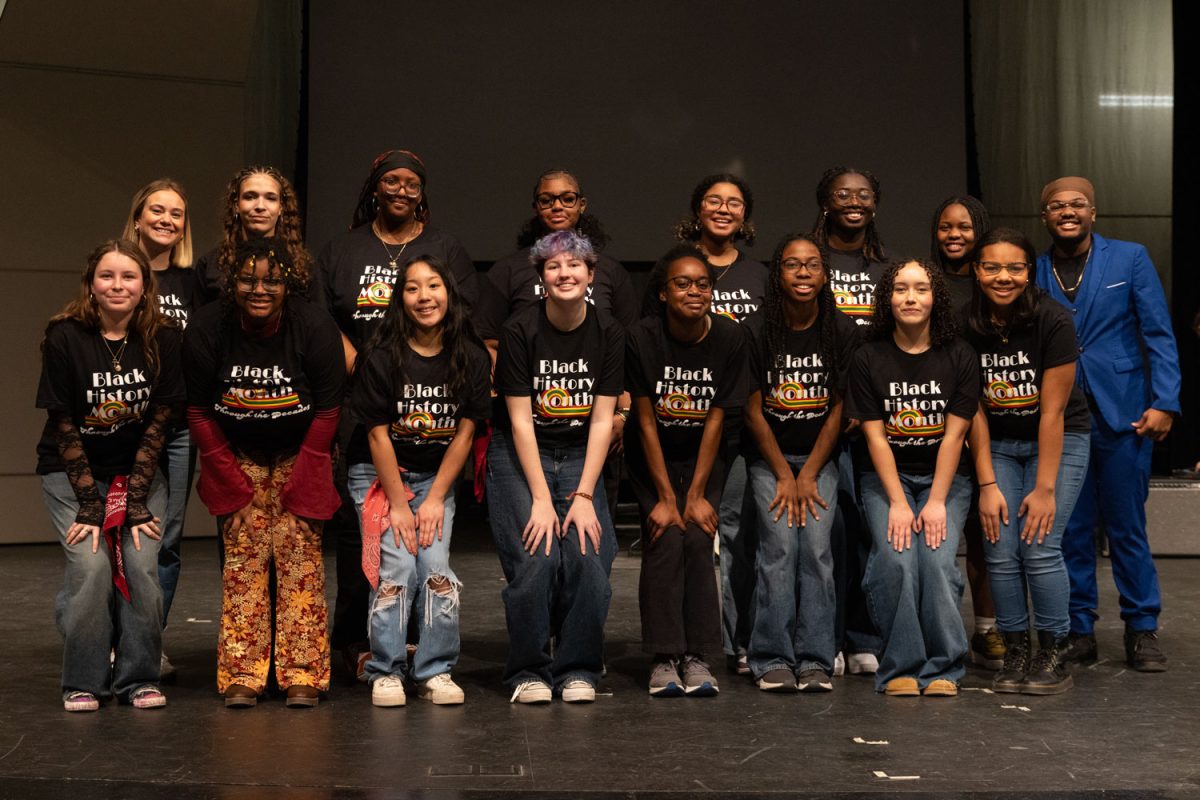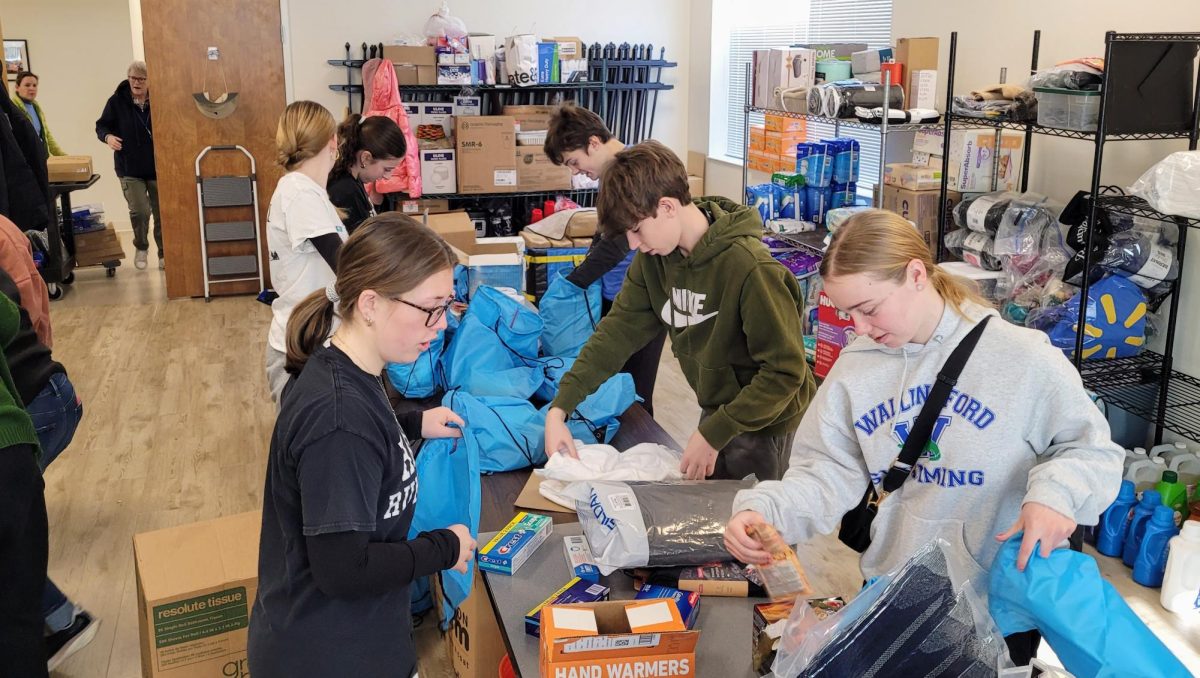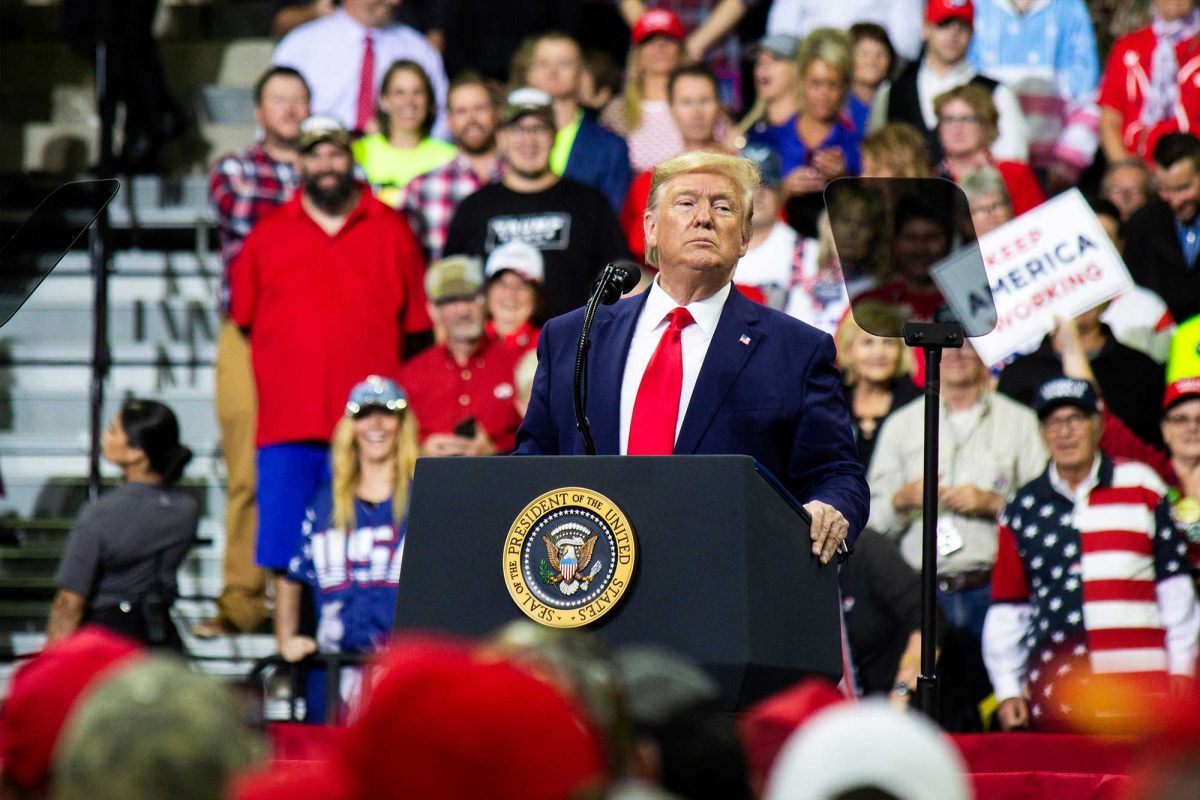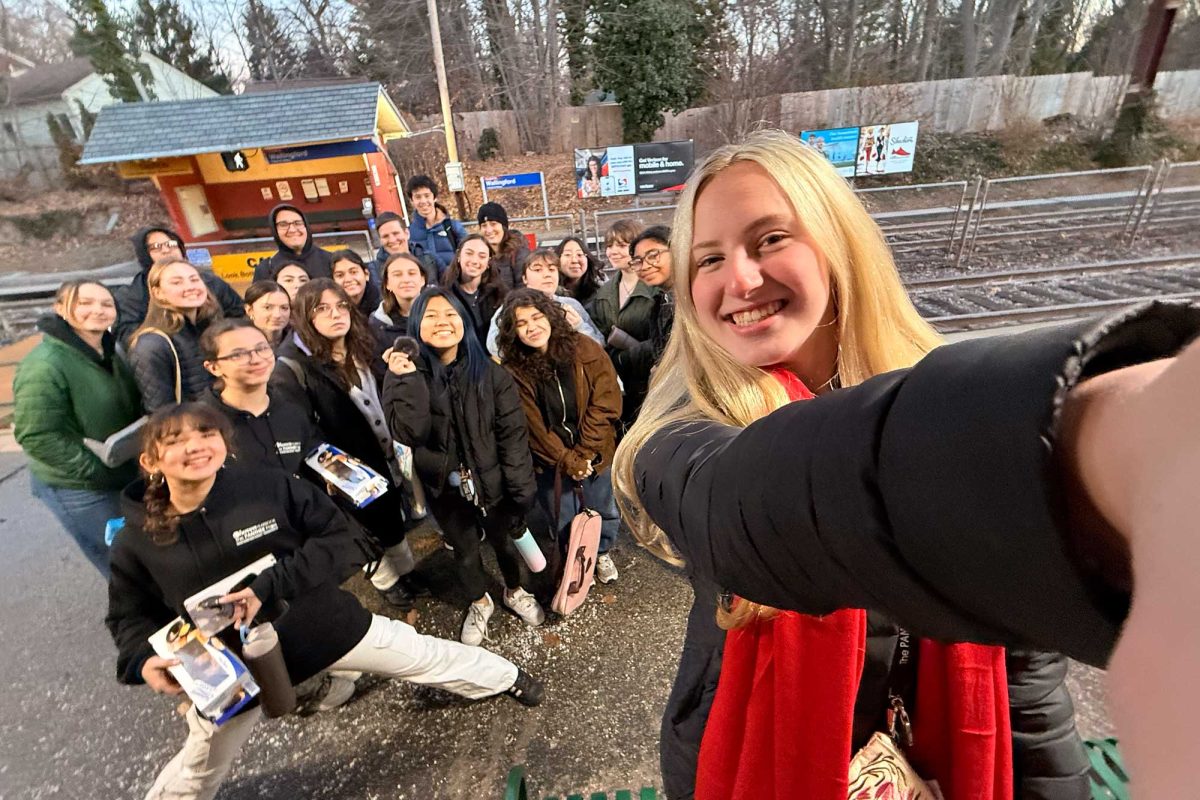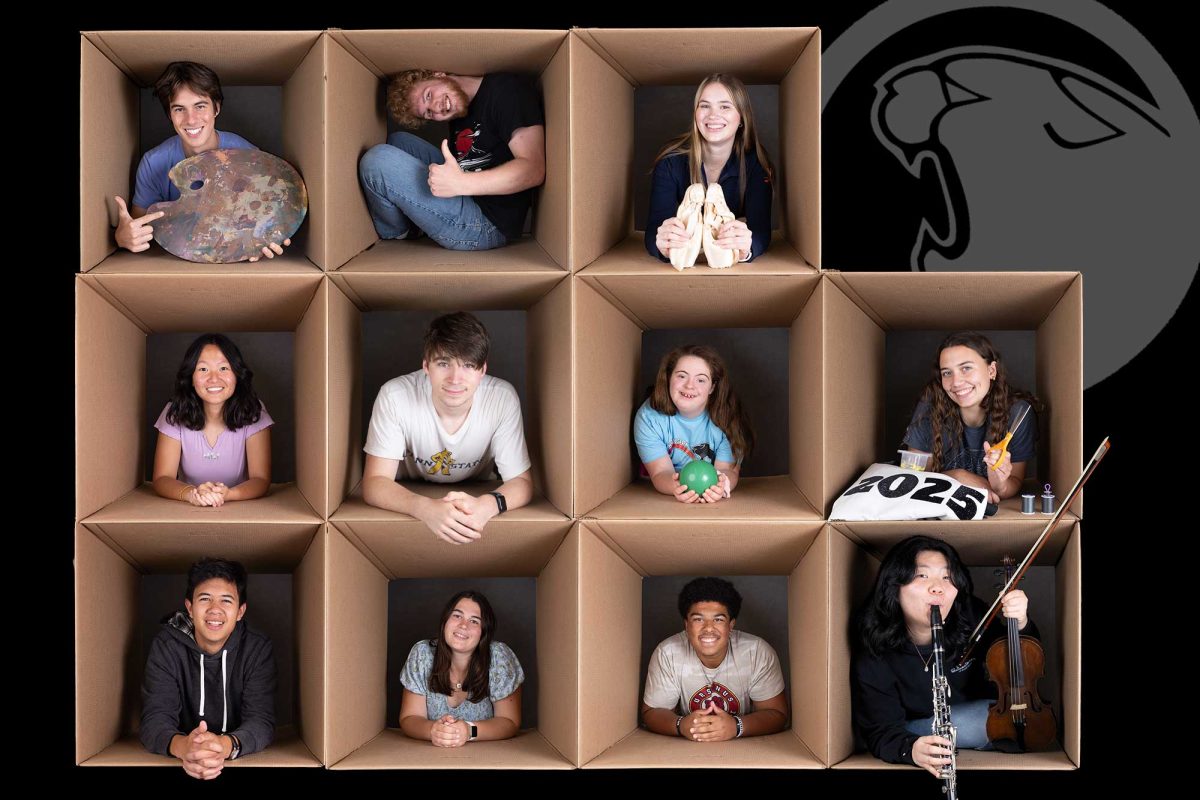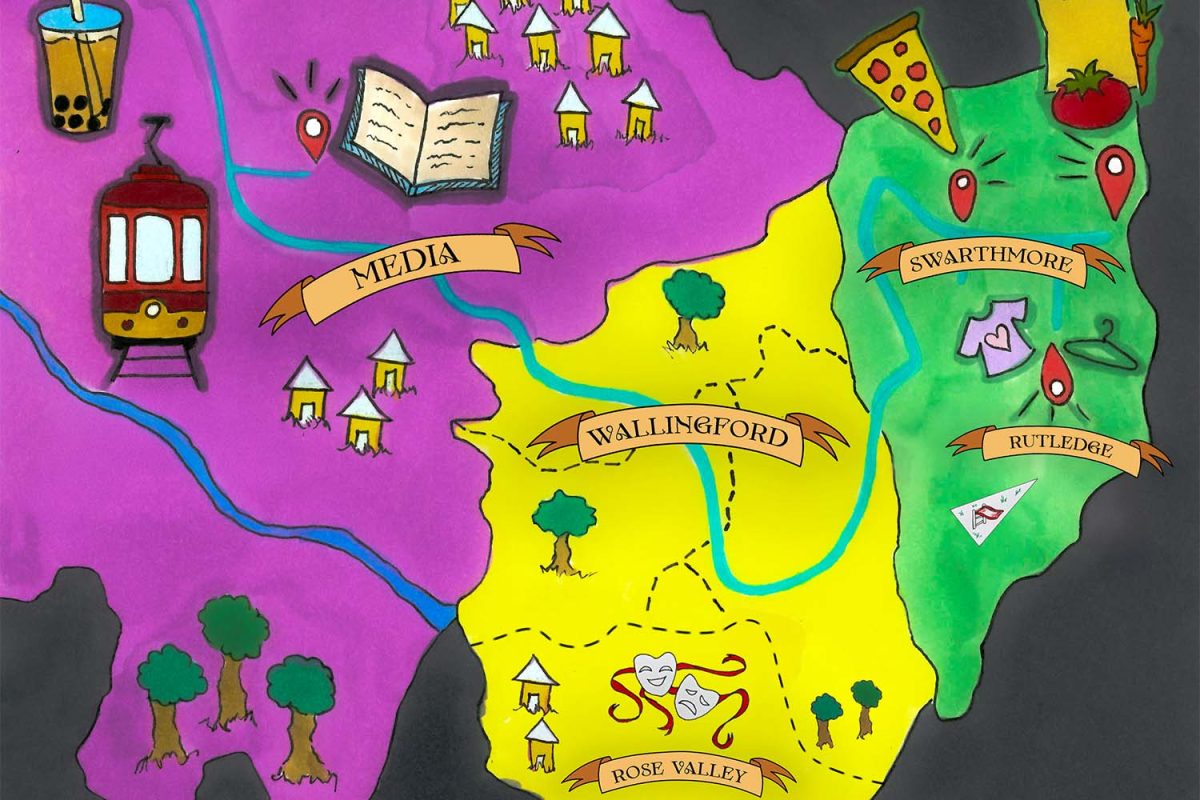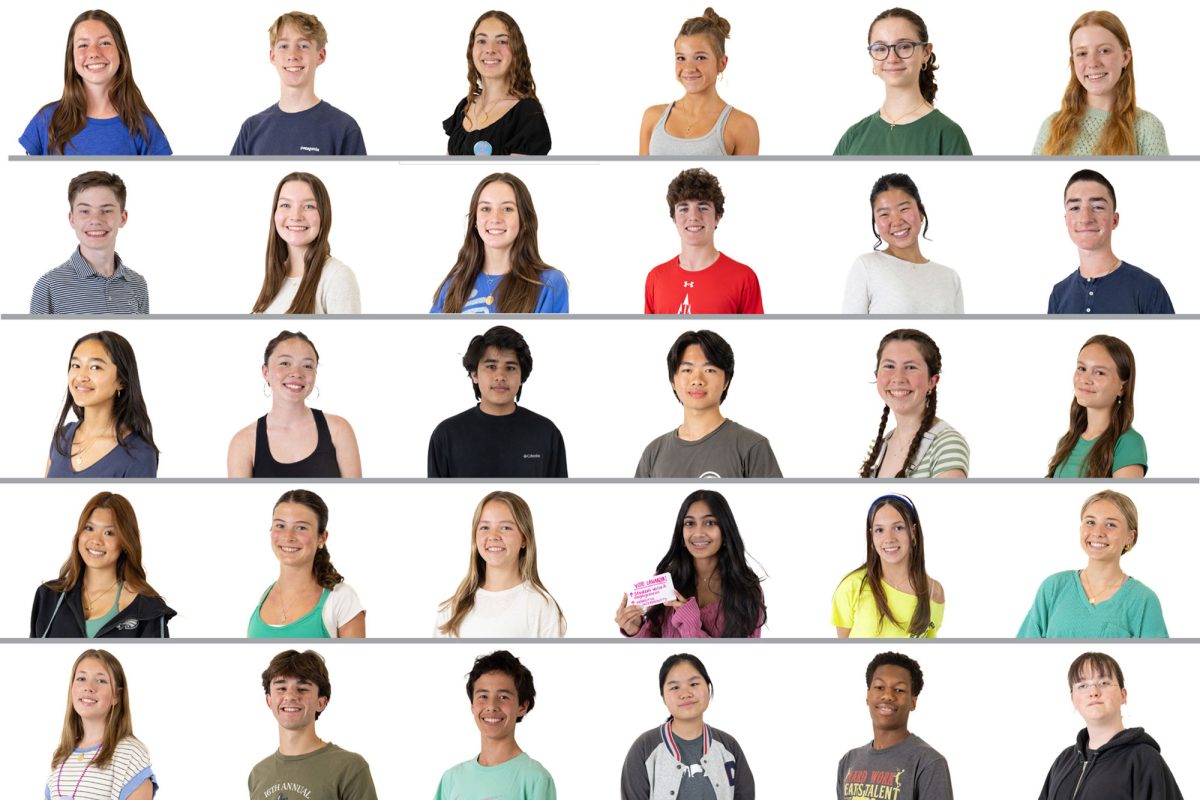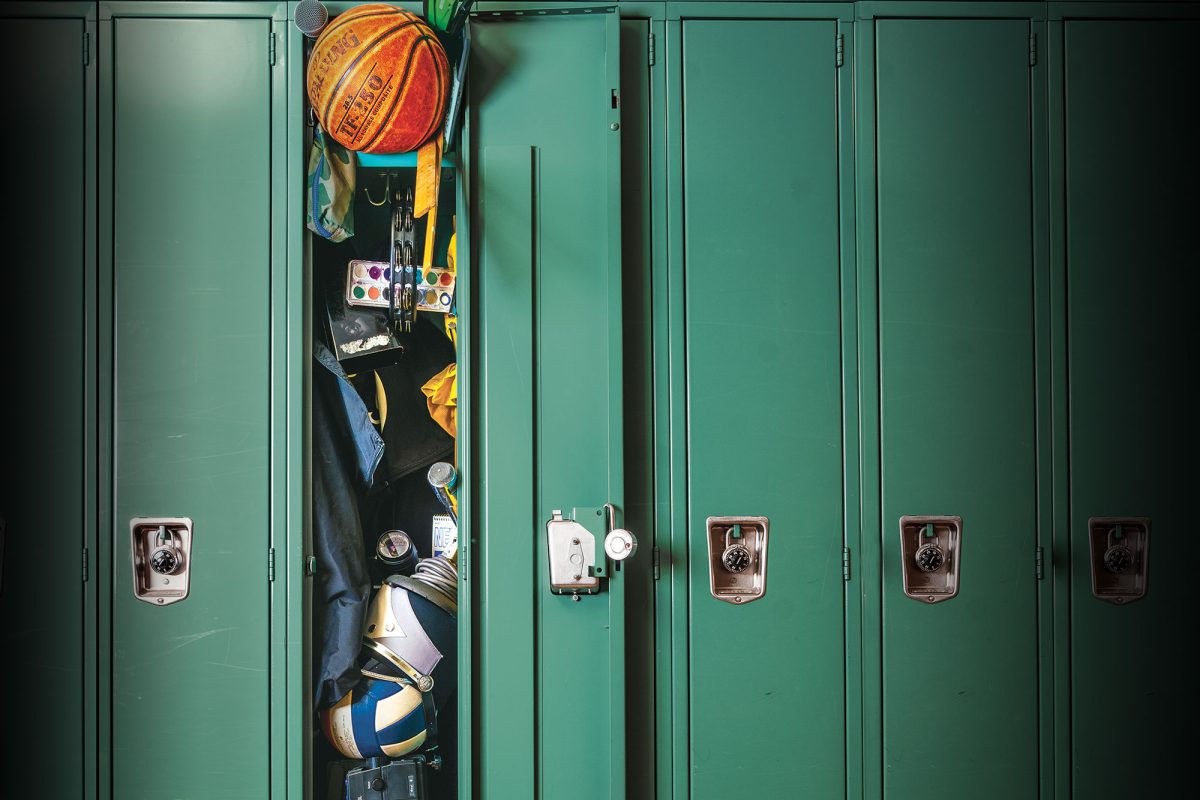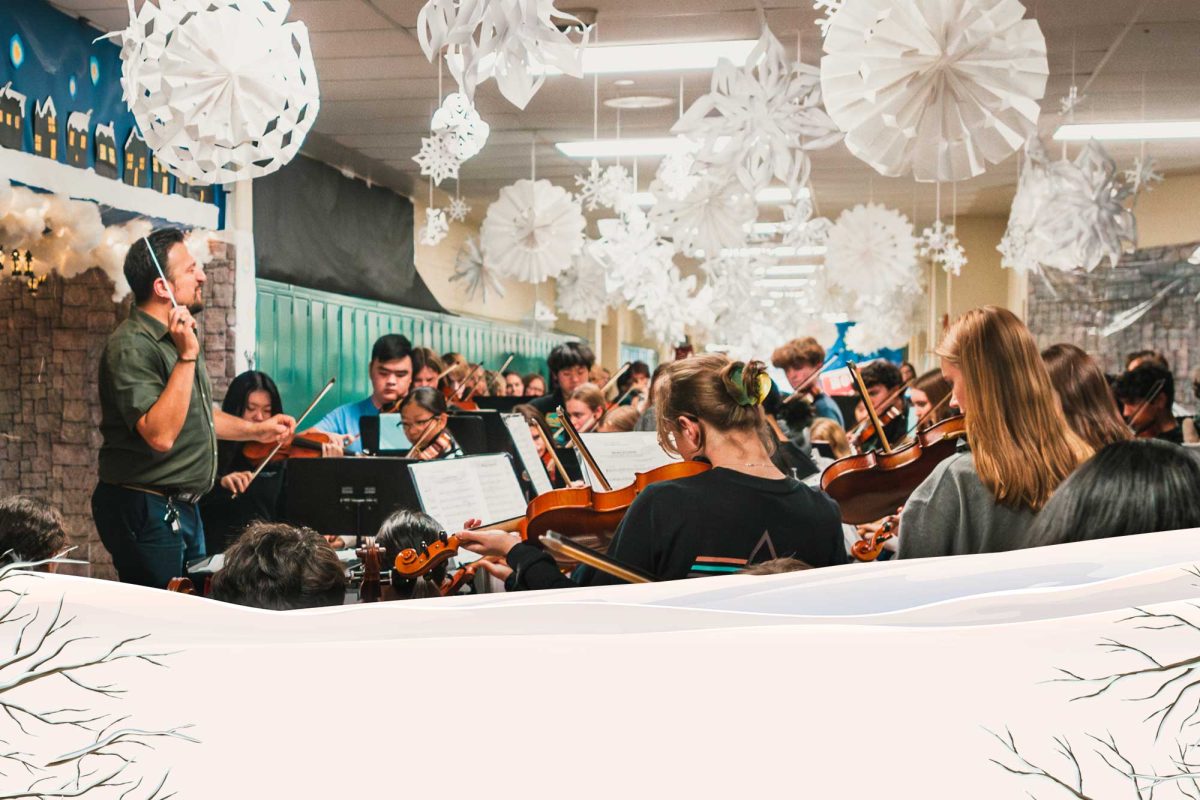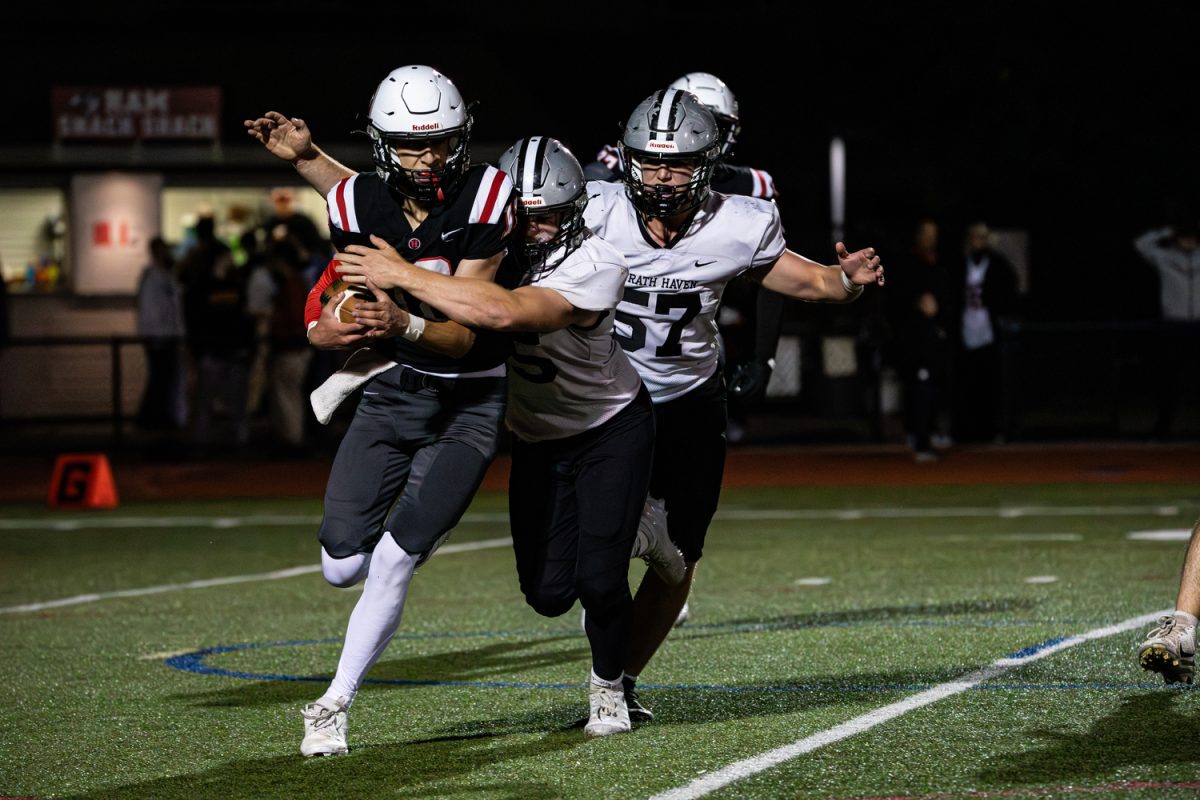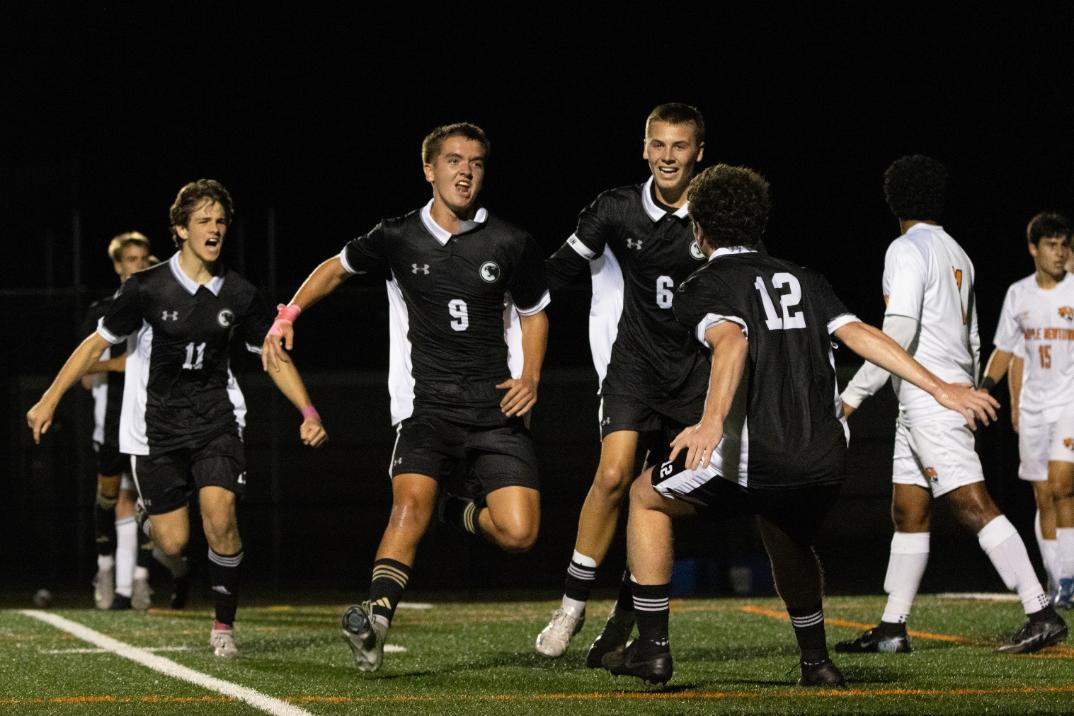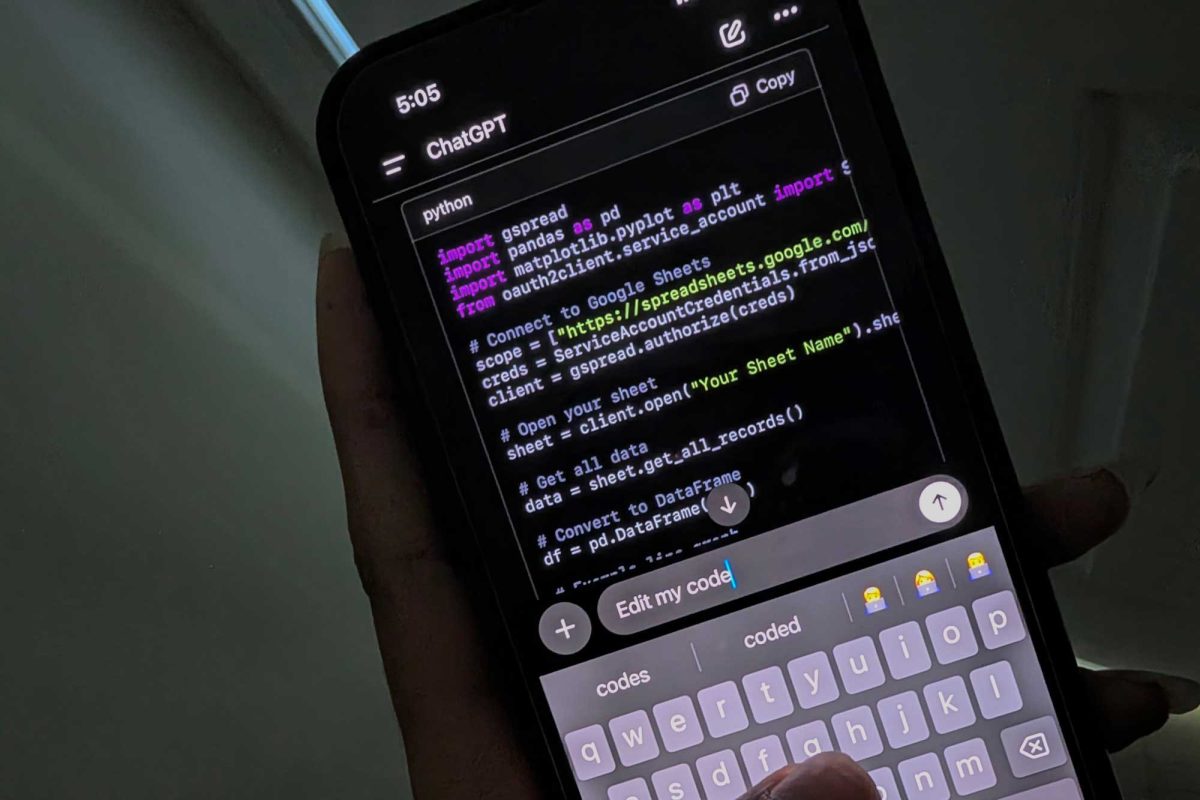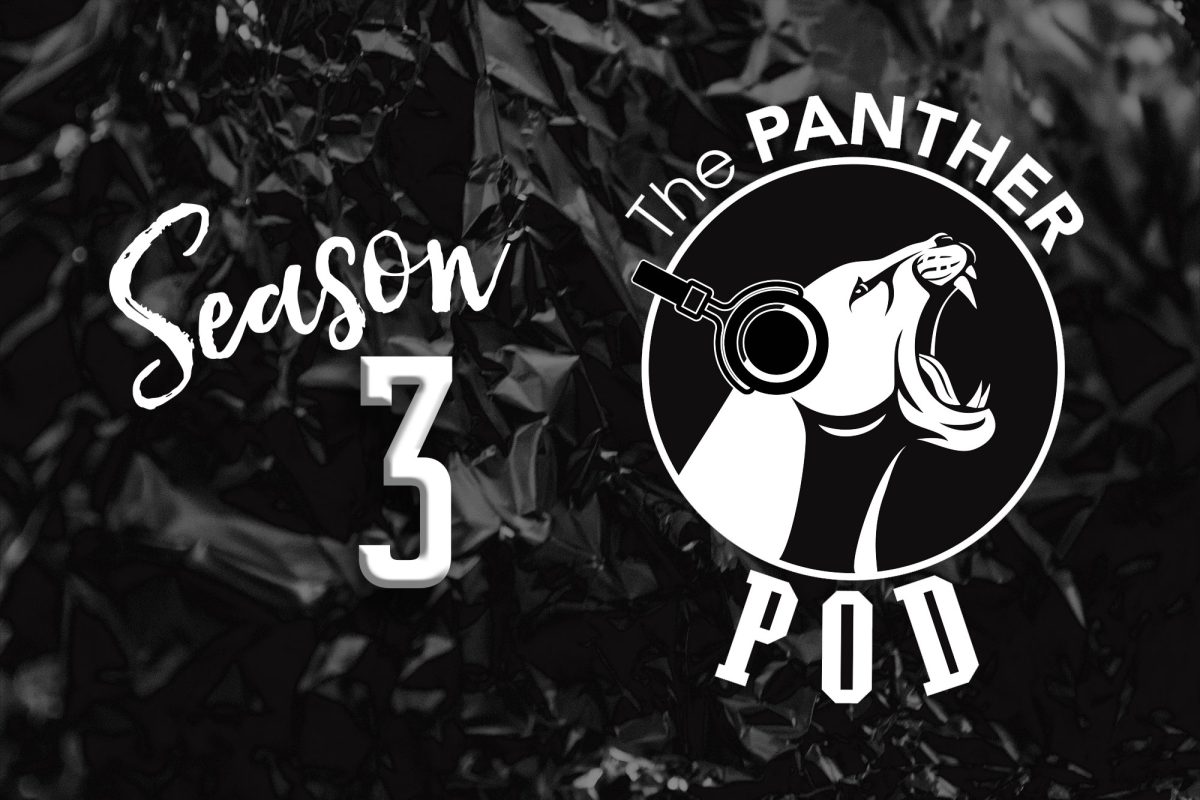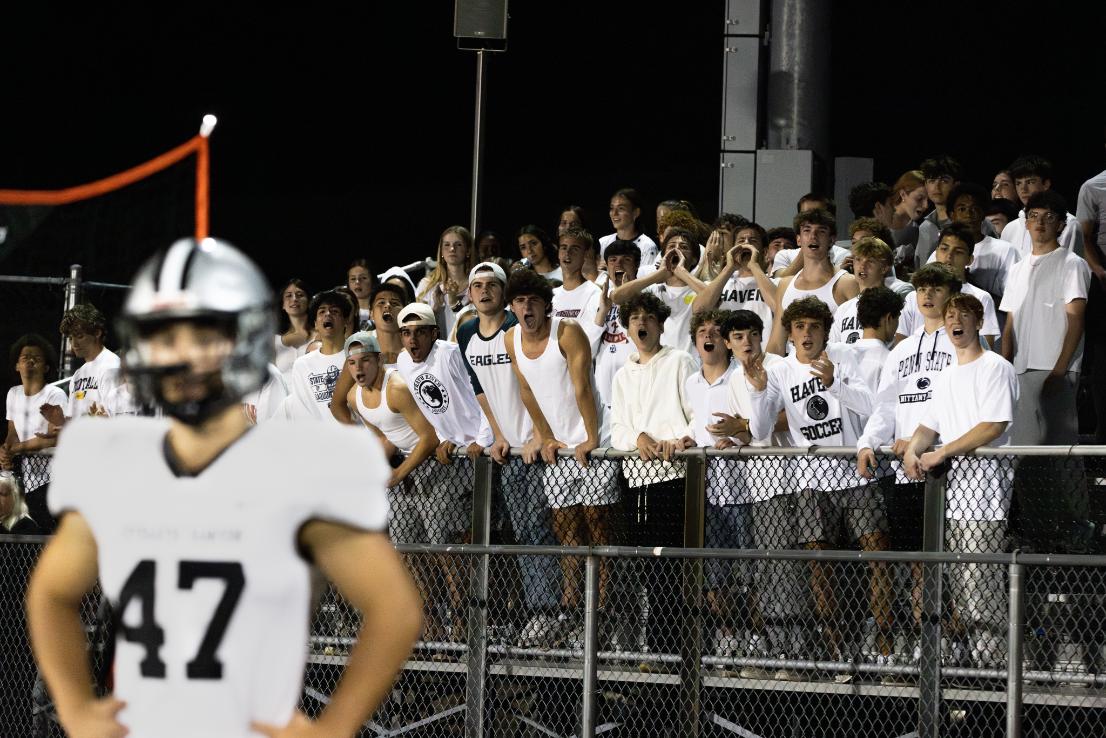Wild Kratts, Sesame Street, Curious George, and Odd Squad are just a few of the many shows on the Public Broadcasting Service Kids Channel (PBS Kids) that sculpted what we call our childhood. But after President Trump’s $1 billion cut to public broadcasting, other publicly funded non-profit news broadcasting channels were left to fill a major void.
An executive order issued on May 1, 2025, titled Ending Taxpayer Subsidization of Biased Media, argues that National Public Radio (NPR) and PBS, which receive taxpayer funds through the Corporation for Public Broadcasting (CPB), do not meet the government’s expectation for fair, accurate, unbiased, and nonpartisan news coverage.
To avoid federal funding from supporting what the government deems as biased and partisan news coverage, the CPB Board must cancel current federal funding of PBS and refrain from federally funding PBS in the future.
PBS provides content for over 132 million users, including information on science, history, culture, literature, and public affairs. Most prevalently, PBS offers educational media via PBS Kids to engage students in learning about a variety of topics, ranging from math and science to art and spelling.
A resource for teachers
Health and physical education teacher Mrs. Jenna Butler used PBS clips to teach lessons in her health classes. However, after PBS was defunded, these resources are fading.
“I would pull from that resource [PBS] to get different videos about concussions, the students would watch the video and answer the questions,” Butler said. “Now those videos and questions are not available because PBS has shut down that portion of their education site.”
The wide range of educational topics PBS covers made PBS a great resource for many educators. Now, educators feel the impact of its new limitation.
PBS’s federal funding cut-off led to their content — largely entertaining, educational programs — becoming harder to access. The integrity and centrist feeling of the operation could become lost in translation.
Parents know better than most the importance of impartial education in their children’s lives. For English teacher Mr. Robert Zakrewski, he followed PBS as something valuable for his own children and himself.
“My sons noted that PBS Kids is good because there are no commercials. They love that they’re going to get a show that wasn’t going to be broken up…it was all publicly, governmentally funded, and that quality meant something to me too,” Zakrewski said.
Due to their lack of funding, PBS has and likely will have to continue placing a paywall on some of its content. This creates major hurdles for teachers who had previously used PBS programs in their lesson plans.
“It’s annoying. I have to pay for it now, which, you know, we’re teachers, so I can’t be spending a whole lot of money on extra stuff,” Butler said.
The PBS replacement
To fill the gap PBS Kids has left, the Trump administration has partnered with PragerU to make a series for the 250th anniversary of the USA.
PragerU is a nonprofit media organization that aims to promote traditional American values and a patriotic attitude through children’s entertainment integrated with educational content.
The organization creates right-leaning educational short videos for children. It has fallen under criticism for biased conservative ideology, with one video featuring an animated Christopher Columbus saying, “Being taken as a slave is better than being killed, no? I don’t see the problem.”
Ten states have approved the utilization of PragerU videos in the classroom setting, but educators have voiced concerns regarding the accuracy and style of the content.
Ad Fontes Media, a media bias tracking website that rates individual stories from news outlets and plots them on a graph, with axes labeled ‘Bias’ and ‘Reliability.’ PBS has been labeled ‘middle’ in terms of bias, and ‘reliable’ in terms of reliability, while PragerU has been labeled ‘hyper-partisan right’ in terms of bias, and ‘unreliable, problematic’ in terms of reliability.
Though PragerU has been backed by many right-wing politicians as an alternative to PBS, the Trump administration has denied that they are using it to replace PBS. At the end of their 250th anniversary, PragerU included a disclaimer that reminds watchers that it is not backed by the Department of Education or other governmental entities.
With the sobering reminder that while PBS tends to present its stories in a centrist way, PragerU’s right-wing narrative needs to be viewed more critically. This means that young children need to be taught better media literacy skills.
“As someone who teaches stories, I always stress that stories come in all shapes and sizes and sure, stories may come in a novel, but we’re trained on the arcs of stories and character types from when we read and what we watch,” Zakrewski said. “I think it has a huge role in our perspective because our life is formed by the stories we’re told, not just when we’re young but also as we age. What we put into our heads is going to affect how we see the world.”
A common childhood thread
Losing PBS also means losing common ground in the youth population. While the love for PBS TV shows united generations of kids who grew up on Daniel Tiger’s Neighborhood and Wild Kratts, that cultural connection is dissolving.
“It’s harder and harder to find a cultural reference point that the whole class get[s]… everyone’s experience has been individualized, so to find those things that we share and can build from is harder to do,” Zakrewski said. “That’s what culture is, it’s a shared experience, I feel like the culture is being fractured.”
Nostalgia comes in heavy waves as students understand that with the defunding of PBS, younger generations don’t get to experience educational programs like we did.
“I was really sad when I found out it was being defunded because PBS Kids is such a childhood core memory, and I think I learned a lot from the show,” junior Laney Suh said. “All of the kids of the coming generations won’t be able to experience the same joys that I had watching PBS. These days, the media is filled with so much, and I think PBS Kids was always such a safe option.”
Many students connected with family, especially siblings, through watching PBS as children.
“My initial reaction to hearing about PBS getting defunded was mainly sadness because I grew up watching PBS in my house with my brother,” junior Mara Carey said. “We would be so excited to learn new things, chill, and watch it. I’m really confused as to why they would end it, because I think it was really educational.”
PBS was such a staple in childhood entertainment; it was important that kids had access to safe, educational, and beneficial programs. They not only provided recreation for younger kids but also taught them valuable life skills and previewed academic topics.
Zakrewski thinks that more modern forms of media aren’t the same as PBS.
“I think a lot of our media exists as a distraction now, taking away the things that have always been more informative, educational, and so on,” Zakrewski said. “I feel like PBS always gave us things to enhance our lives and not just try to escape from reality.”
PBS has bridged generations — it’s been around since 1969, and even Haven teachers were brought up on its content.
“Things like Sesame Street have been a part of my children’s life and mine, so it’s interesting how these characters and these both educational but also entertaining stories become something that you pass on like shared vocabulary or a shared experience,” Zakrewski said.
Losing accessibility for all
PBS Television shows were beloved because of their accessibility. Students are mourning the loss of valuable and equalizing resources.
“When I was a kid, I watched PBS because it was pretty much free, and my mom liked it,” senior Zach Pita said. “I was really sad and a little bit mad when I found out it got defunded. I think it was really valuable to my childhood because it was something my family could always afford, and because those stories imprinted on me a lot.”
Students also built meaningful relationships and memories around PBS. Sophomore Brooklyn Elia, for example, used to watch PBS with her father while on vacation.
“We were watching Daniel Tiger, and at the end of every episode, he would go to the screen and he would do this thing called Hugga Hugga, where he would take his nose and rub against another person’s nose as a symbol of ‘I love you,’” Elia said. “That’s how my dad and I used to symbolize to each other that we loved each other every night. …[PBS being defunded] really hurt me a lot.”
Kids are shaped by their environment — they aren’t born with opinions, ideas, and biases. In an increasingly digitized environment, children rely more and more on what they see on their screens to mold them, and having reliable, centrist educational TV programs is key to the development of skills that they’ll need later in life.
“From what I can remember, shows like Curious George and Arthur, which were my favorites, were pretty well written, entertaining, and definitely taught me values like kindness, empathy, and forgiveness, which I hope reflect in my personality today,” Pita said. “I’m sad to see what’s happened to it, and I’m very grateful that my parents raised me as a PBS kid.”



